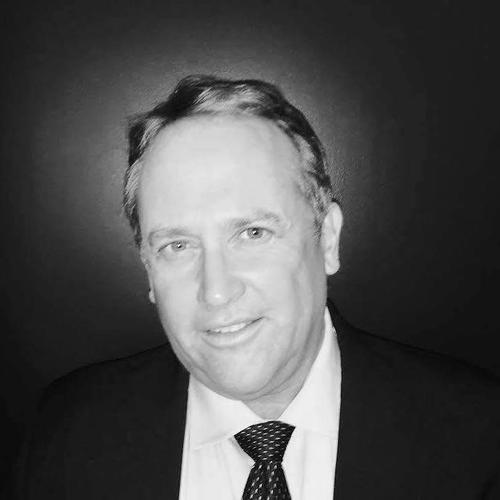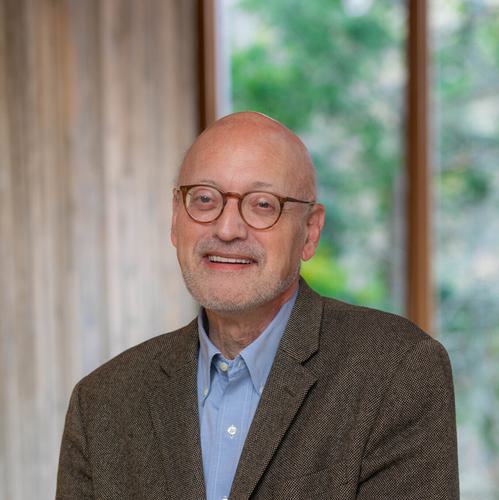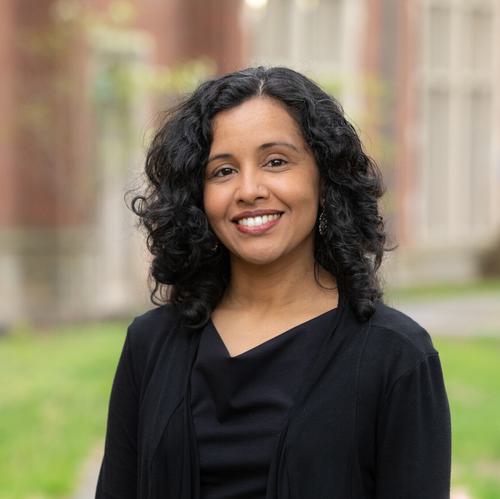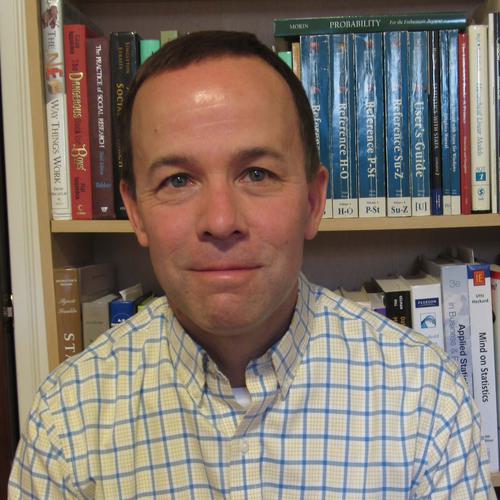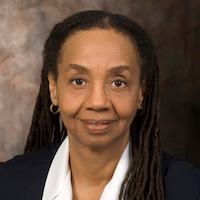Sociology
Academic Department Introduction
Sociology addresses a question that is fundamental to a liberal arts education: Who am I in the world? Sociologists are people-watchers. We ask what hidden rules and structures make the world the way it is and why it is that way. We don’t expect clear black-and-white answers. We address and analyze the gray areas of our social lives.
Our majors and minors conduct hands-on research and wrestle with the collection and analysis of real-world data. They conduct interviews, surveys, focus groups, media analysis, quantitative data analysis, and immersive observation. Students present their findings at conferences on and off campus. They sometimes co-author articles with their professors.
Learning goals
- Envision how we all, individually and collectively, define ourselves in terms of social class, race, gender, and other statuses.
- Recognize, compare, and assess the strengths and weaknesses of various sociological research methods.
- Apply sociological thinking to complement and maximize experiential learning opportunities, such as internships and study abroad.
- Derive practical applications and/or policy implications for sociological inquiry and knowledge.
Programs of study
Sociology major and minor
Students master fundamental sociological concepts and theories.
Comparative race and ethnicity minor
Students examine how power dynamics shape the categories of race and ethnicity.
Course highlights
Thinking Global: An Introduction to Sociology
SOC108
How are your personal problems related to larger issues in society and the world? In what ways do global economic and political shifts affect your personal trajectory as a college student in the United States? In this course, you will come to understand sociology as a unique set of tools with which to interpret your relationship to a broader sociopolitical landscape. By integrating classic readings in the discipline of sociology with the principles of global political economy, we will analyze and contextualize a range of social, economic, and political phenomena at the scales of the global, the national, the local, and the individual.
-
Global Health and Social Epidemiology
SOC314
Concerns about the health of communities date back to antiquity. Social epidemiology is the study of the incidence and distribution of disease among populations. This course offers historical, sociological, and ethical perspectives on the uses of epidemiology as it emerged from an age defined principally by infectious disease to one of chronic illness. What are the social and collective responses to pandemics, real and imagined? Case studies address in particular global public health issues, including smoking, nutrition, AIDS, mad cow disease, and influenza, among others. Both governmental and nongovernmental approaches to health, including the World Health Organization and Doctors Without Borders, are considered. Special attention is given to disparities in health care, a core sociological focus. -
Seminar: De-centering and Re-centering: Social Theory Across the Globe
SOC312
Cultural and intellectual life is still dominated by the West. Although we recognize the importance of globalizing scholarship, our research and teaching still prioritizes western canons and frameworks. Cultural and intellectual inequality are part and parcel of socioeconomic inequality. If we don’t do better at one, we will not do better at the other. We need to master a broader range of methods, tools, and ways of knowing. In this class, Wellesley College students work with students and faculty from Latin America, Asia, and Africa to explore what it means to produce, disseminate, teach about, and act upon knowledge more equitably in different parts of the world. Our goals are to (1) learn to read power in physical, intellectual, virtual, and cultural spaces by witnessing, evaluating, and then acting, (2) gain exposure to ways of asking and answering questions outside the West, (3) reread classical theories in context to explore how we can reinterpret their usefulness and meaning, (4) understand and develop new engaged and critical pedagogies and forms of education, and (5) promote a decentered attitude, that charts more equitable and inclusive forms of intellectual engagement and collaboration. (EDUC 321 and PEAC 312 and SOC 312 are cross-listed courses.)
Research highlights
-

Several students assisted Professor Markella Rutherford in her research on global children’s literature. Using thematic analysis, the research compares recently translated children’s books published in the U.S. and China, asking what ideas about global citizenship are communicated through them. Two students presented work from this project with Professor Rutherford at the 2023 Eastern Sociological Society meeting.
-

Students contributed to Professor Peggy Levitt’s research on cultural and intellectual inequality, how cultural institutions create and transform national identities, and transnational social protection. Some students co-authored articles that were published in the International Journal of Politics, Culture, and Society and other refereed journals.
-

Professor Smitha Radhakrishnan worked with students on her project that traced welfare policies, debates, and misallocations in Kentucky, Tennessee, and Texas, among other states, to explain why billions of dollars of welfare money were unused during the COVID-19 pandemic.
Opportunities
-
Alpha Kappa Delta
Our department is a member of Alpha Kappa Delta, the international sociology honor society. Membership is limited to undergraduate junior and senior (and graduate) students with high academic achievement.
-
Internships and fellowships
Sociology students often complete research internships and fellowships that extend their learning beyond the classroom. These include research internships at the Wellesley Centers for Women, the Lumpkin Summer Institute for Service Learning, and other research programs at the College.
Beyond Wellesley
Beyond Wellesley
Most of our students earn a graduate degree. Many work in law, higher education, or the nonprofit sector, and some work in finance and consulting. They are teachers, administrators, lawyers, policymakers, and researchers. Recent employers include Americorps, Princeton University, and Citibank.
Recent Employers
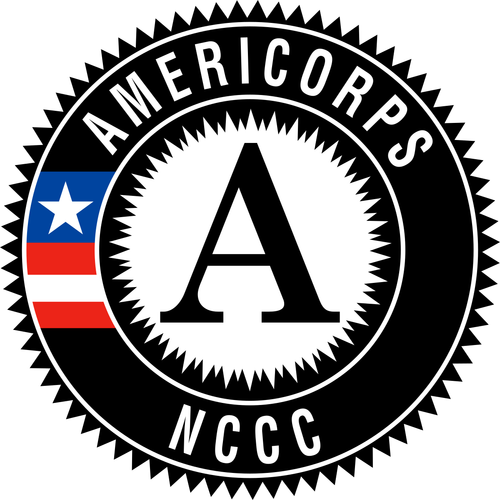
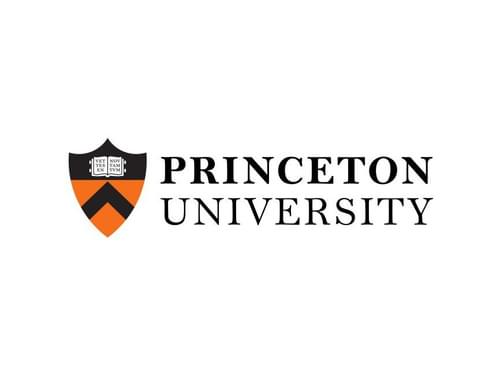
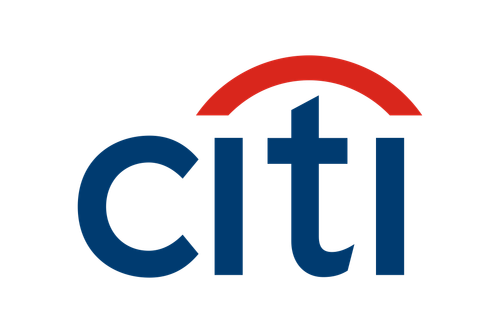



Department of Sociology
106 Central Street
Wellesley, MA 02481

